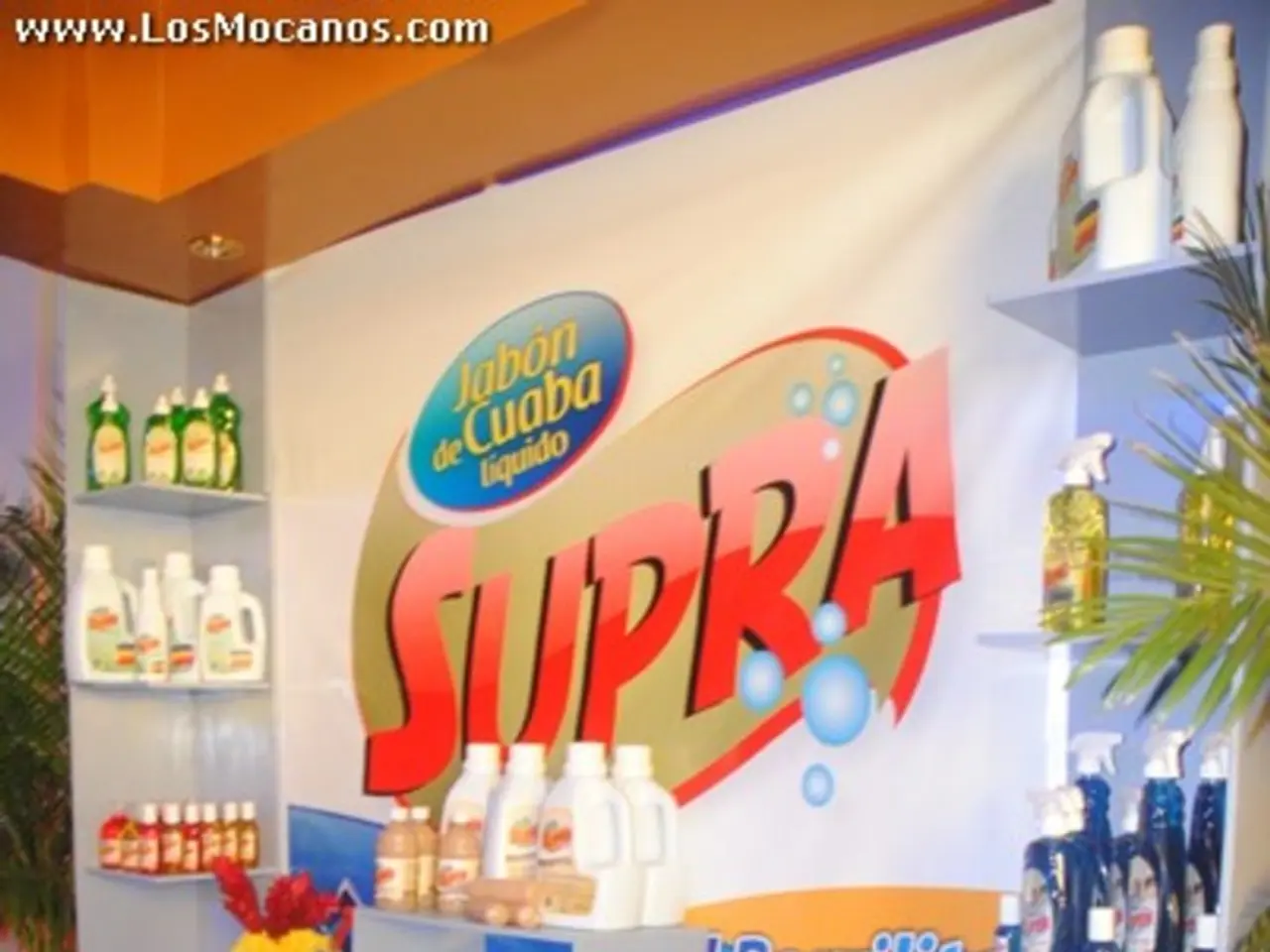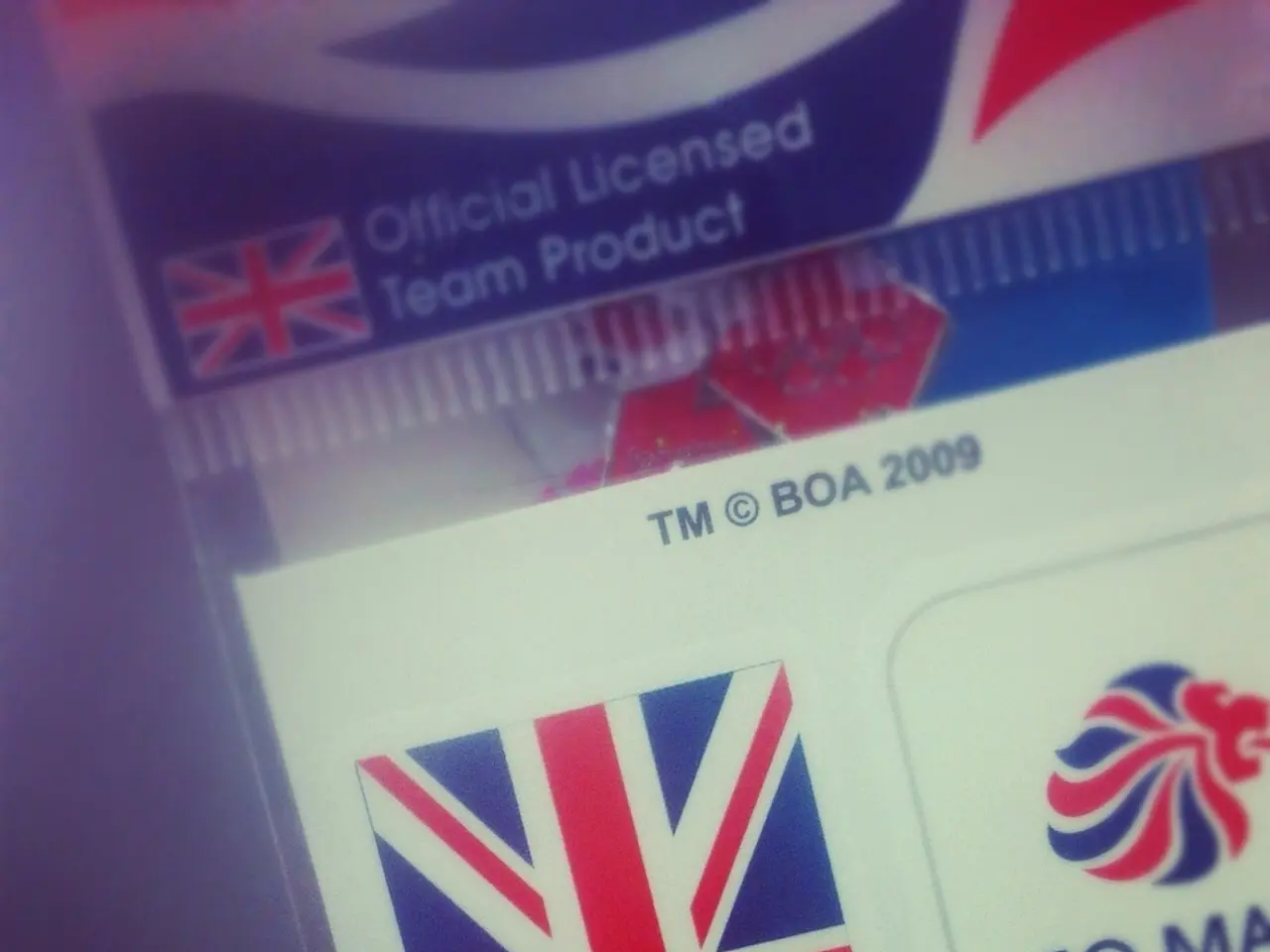At a Toyota auto dealership, I served as an Automotive Service Advisor. Regularly, we opted for secondary market auto parts during vehicle maintenance and repairs. It's important to note that those parts' prices were often inflated by the dealership.
When it comes to maintaining your Toyota vehicle, it's essential to be vigilant and well-informed. Several scams have been reported at Toyota dealerships and affiliated repair shops, aiming to exploit customers' trust and lack of detailed knowledge. Here's a guide to help you navigate these potential pitfalls.
Overcharging for Parts and Services
One common scam involves overcharging for parts and services, such as using non-OEM parts while billing for genuine ones, or inflating prices well above reasonable market rates. To avoid this, always ask for parts pricing up front, request it to be itemized, and cross-check part prices on Toyota's official parts website or third-party OEM sites like RockAuto or ToyotaPartsDeal. Additionally, ask the service writer to note "OEM parts only" on the work order.
Unnecessary or Excessive Maintenance Recommendations
Dealerships may insist on oil changes every 10,000 miles regardless of actual need, which can lead to future costly repairs. To prevent this, bring your owner's manual or Toyota's official maintenance schedule to compare with the dealer's checklist and refuse unlisted services.
Bogus Protection Packages and Add-Ons
Aggressively sold protection packages and add-ons, such as overpriced "Smart Care and Protection Plans" bundled with ceramic coatings and chip repair plans, offer little real value. Research these offers before agreeing to them, and consider seeking trusted mechanics or dealerships for advice.
Upselling through Financing
Focusing on monthly payments instead of total price, sneaking in extended warranties or inflated protection plans from third parties rather than from Toyota itself, is another tactic used by dealerships. Be aware of this practice, and always ask for a detailed, itemized written estimate, including parts (with pricing), labor hours and rate, and shop fees.
Certified Used Vehicle Gimmicks
Certified Used Vehicle programs may charge extra fees while offering minimal real benefits compared to standard used vehicles. Thoroughly research these programs before purchasing a used Toyota.
Mismanagement or Damage to Vehicles During Service
Reports of dealerships damaging customers’ vehicles while performing repairs and handling issues poorly have surfaced. To prevent this, consider finding an independent mechanic or garage that you can trust instead of taking your car to a dealership outside of warranty-covered repairs.
Extended Warranty and Auto Service Contract Scams
Misleading contact attempts post-purchase pretending to be warranty expiration alerts to sell unnecessary contracts are also a concern. If you receive such calls, be wary and research the offer before agreeing.
When visiting a Toyota dealership, keep these potential scams in mind. Technicians may rush through Multi-Point Inspections (MPIs) due to not being paid for them, and the multi-point vehicle checklist provided by dealership service departments may not be accurate or thoroughly done. Service Advisors and Service Managers are often paid on commission, creating a potential conflict of interest.
To mitigate these issues, take photos of the checklist areas before the inspection to see if someone at least touched the areas. If parts pricing seems excessive, ask if you can supply your own parts. Get a second opinion from an independent mechanic before agreeing to major repairs. Remember, dealerships may purchase discounted non-OEM parts from local parts stores to increase profits, so be cautious and do your research.
In conclusion, vigilance on all fronts is warranted when dealing with Toyota dealerships. Maintain thorough service records, verify parts and services actually performed, research recommended maintenance schedules, and seek trusted mechanics or dealerships to avoid exploitation. If you feel taken advantage of, changing service providers is always an option.
- While financing a Toyota vehicle, it's crucial to carefully examine estimates, ensuring they aren't manipulated by focusing on monthly payments and including unnecessary extended warranties or protection plans.
- In the automotive industry, be cautious of aggressive marketing for add-ons like "Smart Care and Protection Plans" associated with services like ceramic coatings or chip repair, as these may offer little real value.




